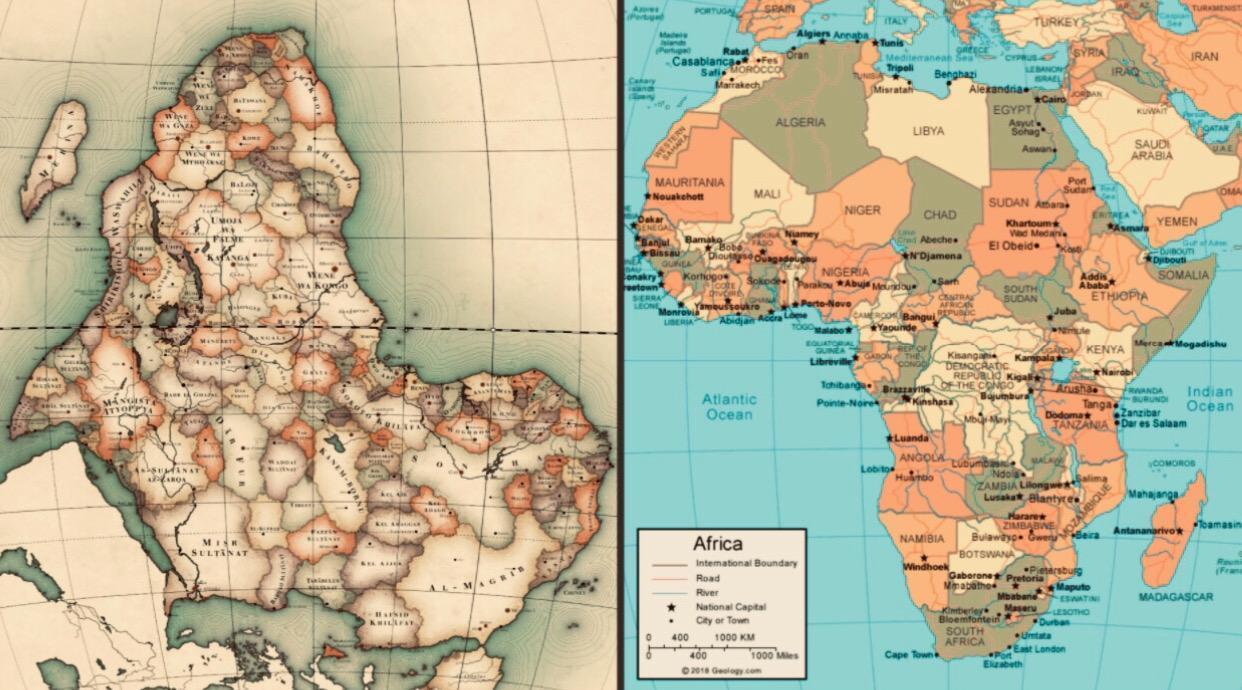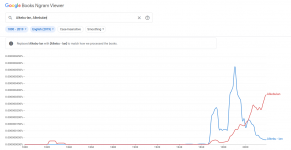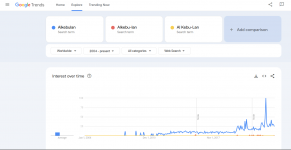SW9 Gangster SW9
Member
Nigeria became africa's largest economy in 2013, ahead of South Africa, the country that most people think is the largest economy in africa.
Nigeria has been consistently producing annual GDP's yearly of over $400 Billion in GDP in africa.
Nigeria became africa's largest economy in 2013, and it was a west african country, that was africa's largest economy not South Africa.
Much of the reason for Nigeria being one of the largest economies in Africa, is because it's high performing oil resources industry.
Countries like South Africa and Egypt also perform well economically annually.
Nigeria is africa's largest economy, however the performance of africa's economy's is less reported on, than other economy's worldwide.
Nigeria has been africa's largest economy since 2013, and in 2023, Nigeria was africa's largest economy, with a GDP of $477.38 Billion.
Nigeria is also a fast growing economy, and as africa continues to improve in the modern economic era, there is alot of space for Nigeria to improve and to compete with other economies wordwide.
Nigeria is very well known for it's Oil resource sector, and someone new to africa economically should read the articles and understand that investing in Nigerian oil, would be an excellent mode of profit in this emerging worldwide economy.

 www.bbc.com
www.bbc.com
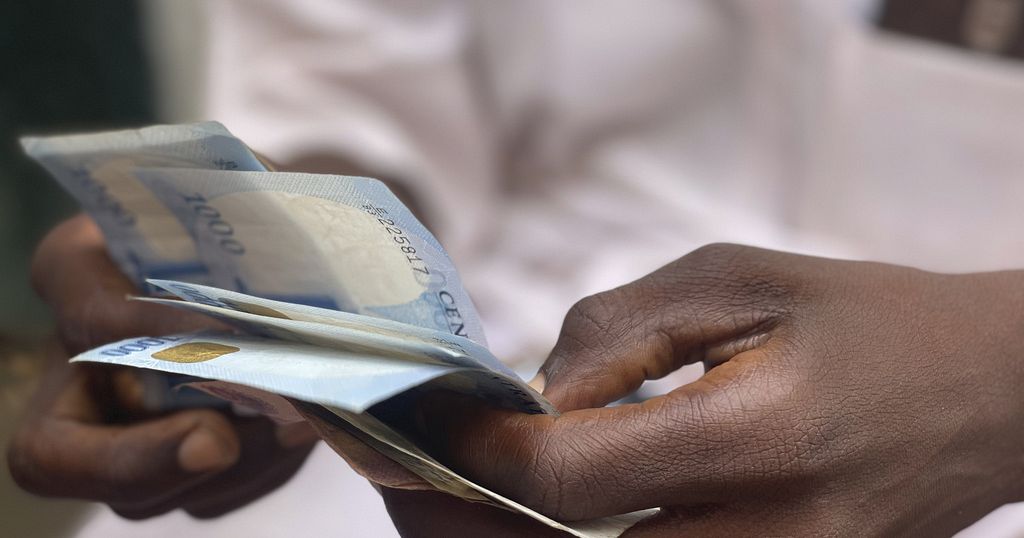
 www.africanews.com
www.africanews.com
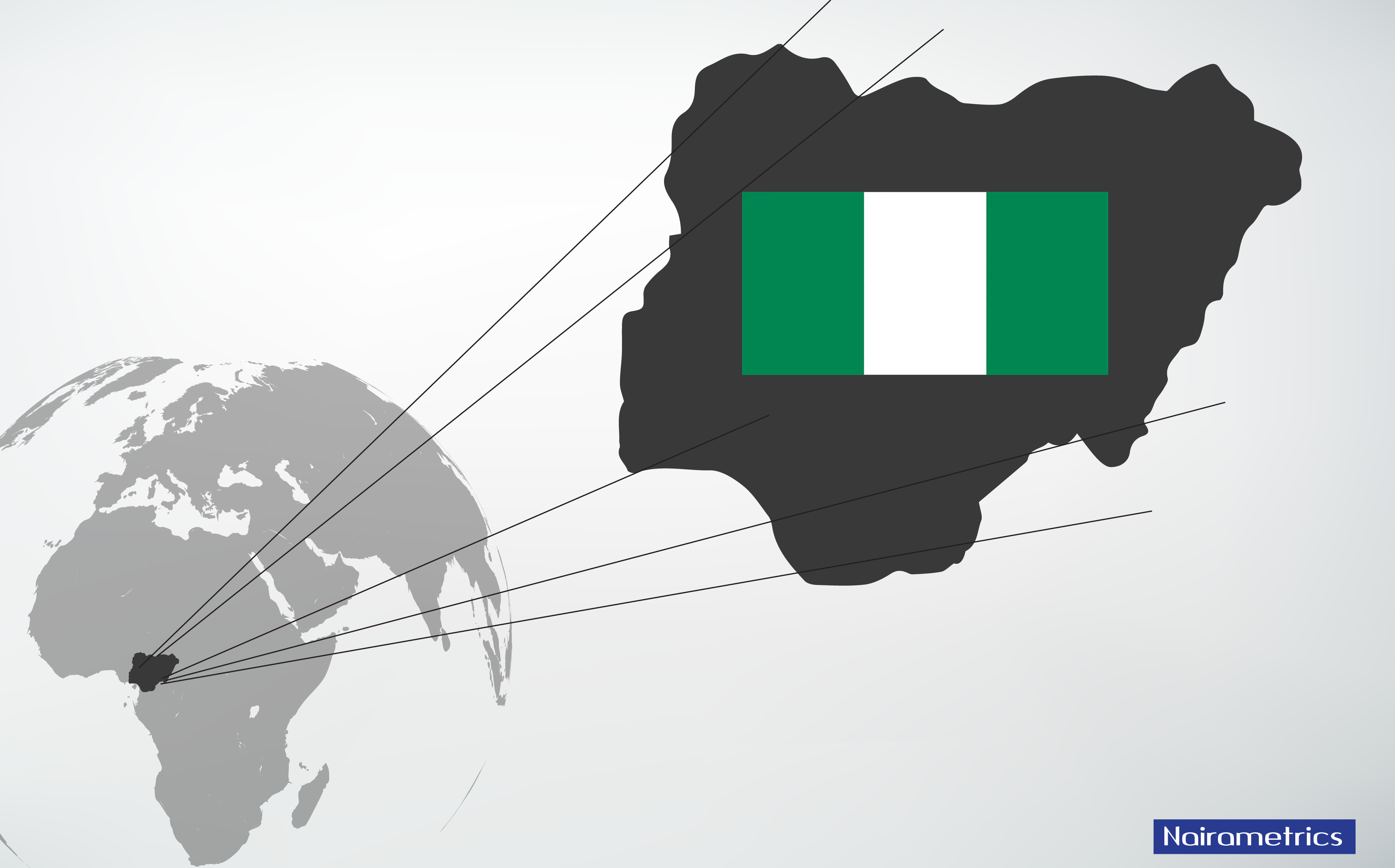
 nairametrics.com
nairametrics.com

 businessday.ng
businessday.ng
NIGERIA
Nigeria has been consistently producing annual GDP's yearly of over $400 Billion in GDP in africa.
Nigeria became africa's largest economy in 2013, and it was a west african country, that was africa's largest economy not South Africa.
Much of the reason for Nigeria being one of the largest economies in Africa, is because it's high performing oil resources industry.
Countries like South Africa and Egypt also perform well economically annually.
Nigeria is africa's largest economy, however the performance of africa's economy's is less reported on, than other economy's worldwide.
Nigeria has been africa's largest economy since 2013, and in 2023, Nigeria was africa's largest economy, with a GDP of $477.38 Billion.
Nigeria is also a fast growing economy, and as africa continues to improve in the modern economic era, there is alot of space for Nigeria to improve and to compete with other economies wordwide.
Nigeria is very well known for it's Oil resource sector, and someone new to africa economically should read the articles and understand that investing in Nigerian oil, would be an excellent mode of profit in this emerging worldwide economy.
GDP for 2013 totalled 80.3 trillion naira (£307.6bn: $509.9bn), the Nigerian statistics office said.

Nigeria becomes Africa's biggest economy
Nigeria "rebases" its gross domestic product (GDP) data, which pushes it above South Africa as the continent's biggest economy.
It is Nigeria, a country in West Africa, which stands out as the most powerful economy on the continent. With a GDP estimated at $477 billion in 2022, Nigeria is at the top of the ranking of the richest African countries, ahead of Egypt and South Africa.
The country should even see its wealth grow and reach a GDP of 915 billion dollars in 2028. It would thus widen the gap with Egypt, the second economic power in Africa.

Here are the richest countries in Africa | Africanews
According to IMF growth projections, this ranking should not experience any upheaval in the years to come.
The giant of Africa, as it is mostly referred to, accounted for 17.4% of the African economy in the review year ($2.7 trillion).

Nigeria maintains largest African economy for fifth year in a row
Nigeria remains the largest African economy with a nominal GDP of $477.4 billion. The top three economies accounted for 49.5%
Nigeria
Nigeria has Africa’s largest economy, with a GDP of $477.38 billion in 2023. Nigeria is a big oil producer with a population of more than 225 million people. Its economy is mostly driven by oil exports, rendering it sensitive to global oil price changes. Despite this, Nigeria has a booming services industry, a young population, and diversification possibilities.

Africa's powerhouses: 10 largest economies on the continent in 2023 - Businessday NG
Africa will be at a crossroads of economic transformation in 2023, with the continent's ten major economies serving as significant drivers...
 businessday.ng
businessday.ng
NIGERIA




